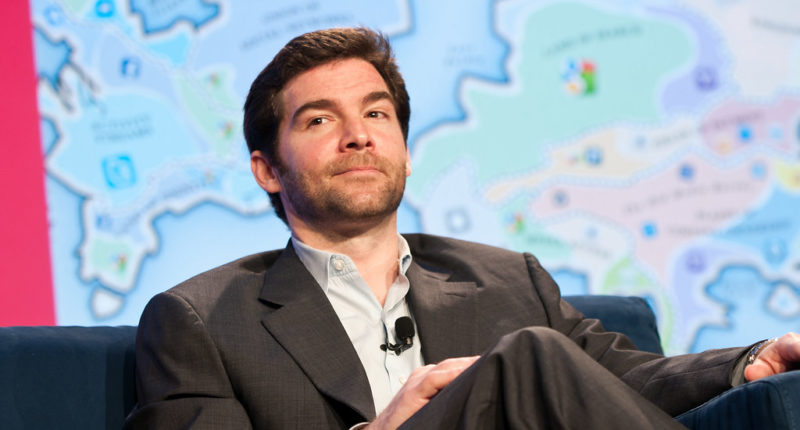In a progression that has become quite familiar with new-age successful tech companies off late, LinkedIn CEO Jeff Weiner has announced that he would be stepping down from his position as CEO coming June. His seat will be filled by Head of product Ryan Roslansky, wherein Weiner will take up the role of ‘Executive Chairman’.
Microsoft owned LinkedIn will now be in direct contact with the parent company, as Ryan will report directly to Microsoft CEO Satya Nadella. He will also serve as a member of his senior team, Weiner wrote in a blog post.
Rather than a ‘quitting’, this is more of a promotion as Jeff will take over the role of the Executive Chairman of the company.
“The last eleven years have been the greatest professional experience of my life and none of it would have been possible without you, our members. Thank you for everything you’ve done to help manifest our vision to create economic opportunity for every member of the global workforce. Despite the scale and impact we’ve achieved thus far, it still feels like in many respects we’re just getting started. I can’t wait to see where our team and this community take it from here,” Jeff said while starting the blog post.
Jeff went on to explain why he chose Ryan to be his successor. “Ryan has been a key architect in reshaping LinkedIn’s increasingly complex consumer and enterprise applications into a single, holistic, global ecosystem.”
Ryan’s role will be assumed by Tomer Cohen, as he will become the next head of Product for LinkedIn. Acquainting everyone with the new head of product, Jeff wrote “Tomer had led our Marketing Solutions product during a time of record revenue as it continues to be our fastest growing business at scale.”
LinkedIn was acquired by Microsoft in 2016 and has amassed a user base of 675 million. The company also employs 16,000 people and has generated a revenue of $7.5 billion. The platform is still growing, and it is expected that by 2021, more than half of the world’s companies will use LinkedIn for marketing. Estimates already show 49.6% of companies using the platform for some form of marketing.
The Tech Portal is published by Blue Box Media Private Limited. Our investors have no influence over our reporting. Read our full Ownership and Funding Disclosure →






